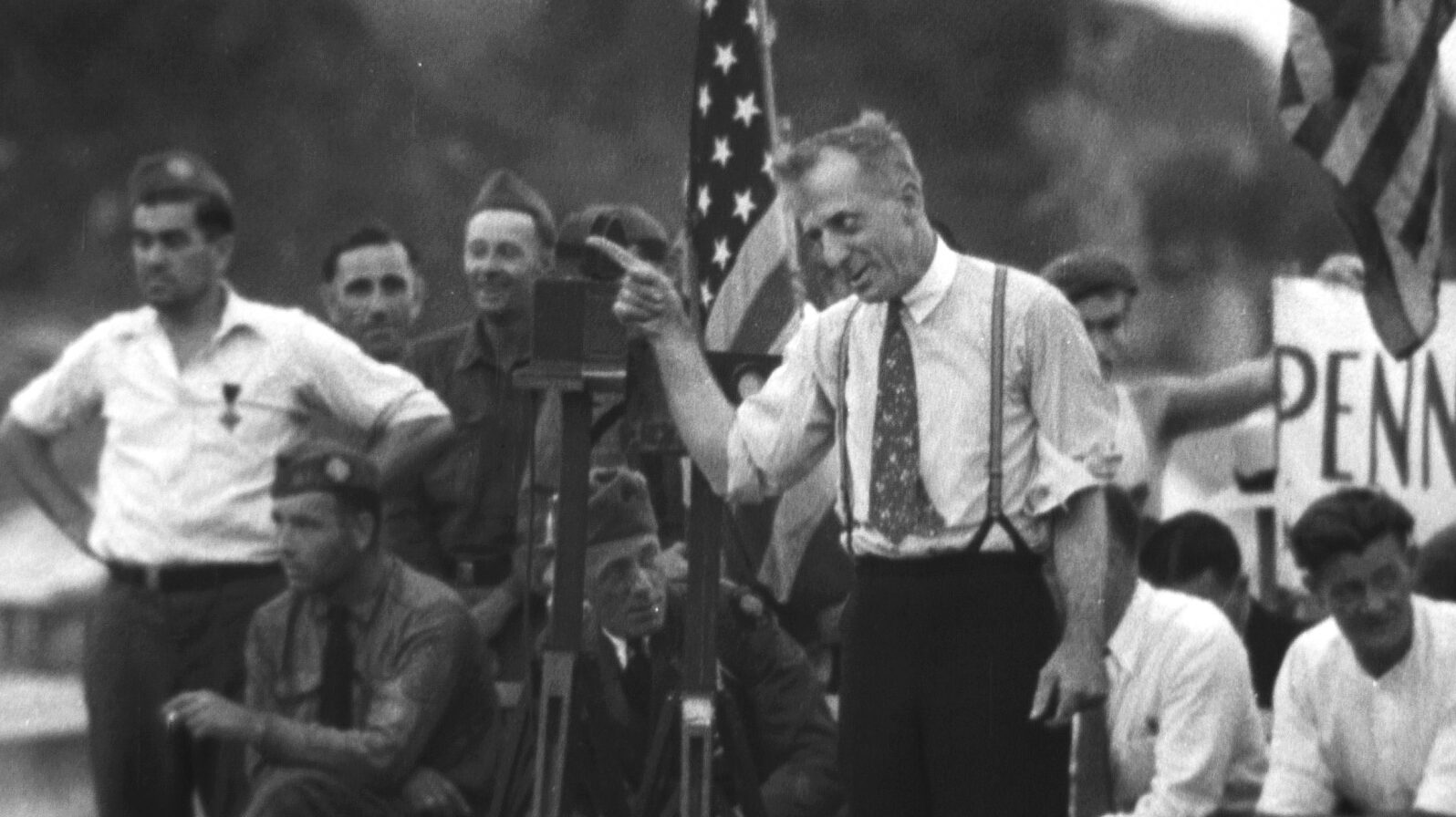

Eighty-eight years ago thousands of U.S. military veterans gathered their belongings and began a long march across the country to Washington, D.C. Once there, they pitched their canvas tents in neatly ordered rows and dug in for a long fight.
By the summer of 1932, what began as a small movement in Portland, Oregon had burgeoned into a national demonstration, bringing together a socially, economically and racially diverse coalition under a single banner, with each participant bound by a shared experience: When their country called them to arms, they answered.
Numbering as many as 25,000-strong, with families and children in tow, they called themselves the Bonus Expeditionary Force, but colloquially, became known as the Bonus Army. These World War I veterans, like many demonstrators before and since, gathered to demand that the government keep its word. In their case, it was the early payment of a bonus they had been promised following victory in the First World War.
Through the Adjusted Compensation Act of 1924, the funds were set to be doled out in 1945. Originally the bonuses were to be paid immediately, but for budgetary reasons, they were delayed by two decades. Five years after the bill was passed, the Great Depression hit, and by 1932, the financial crisis had reached its peak. Amidst the economic fallout, the promise of deferred payments amounted to a shriveled carrot dangling from the end of a very long stick.
In the ensuing years, the march of the Bonus Army spurred sweeping changes in how the federal government supported and cared for its service members once the fighting had ended, and in July 1944, Roosevelt signed the G.I. Bill of Rights into law, providing education and housing benefits as an immediate reward for honorable military service.
Had it not been for the thousands who endured the sweltering summer heat of Washington, who faced down police barricades and batons, and stood shoulder-to-shoulder as tear gas was hurled by armed troops, it’s unlikely any of that would have come to pass.
This video is sponsored by Penn State World Campus.